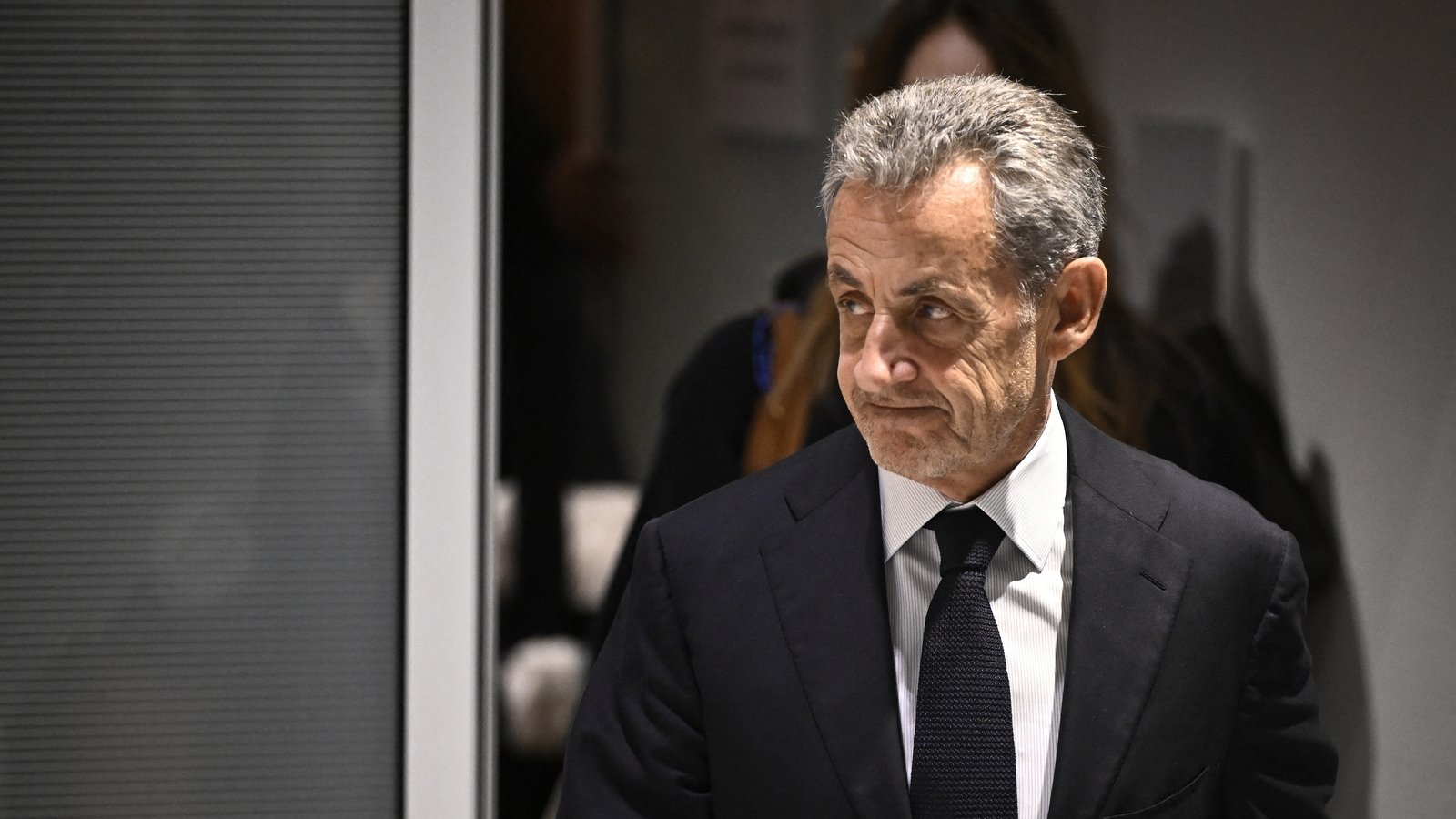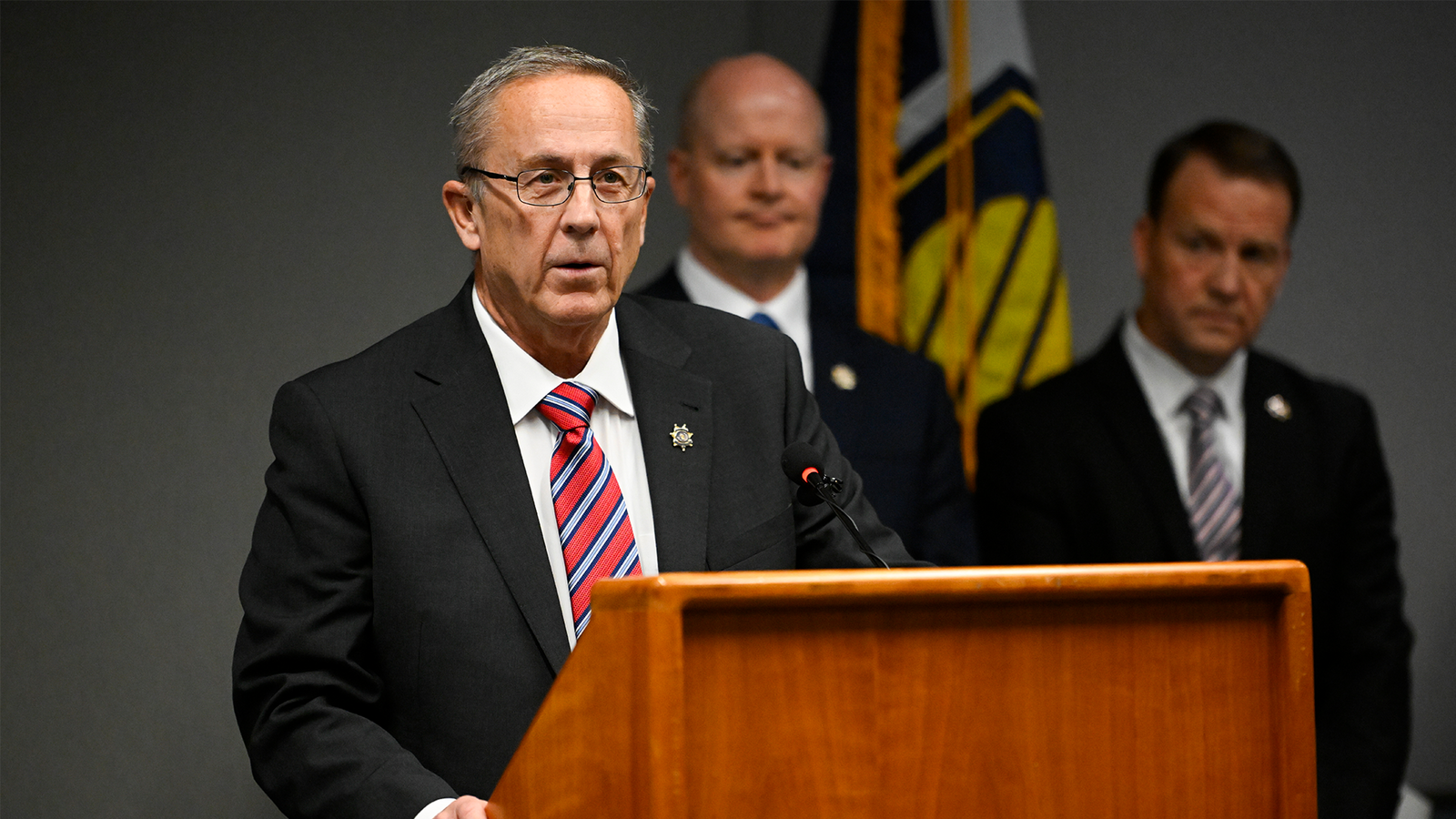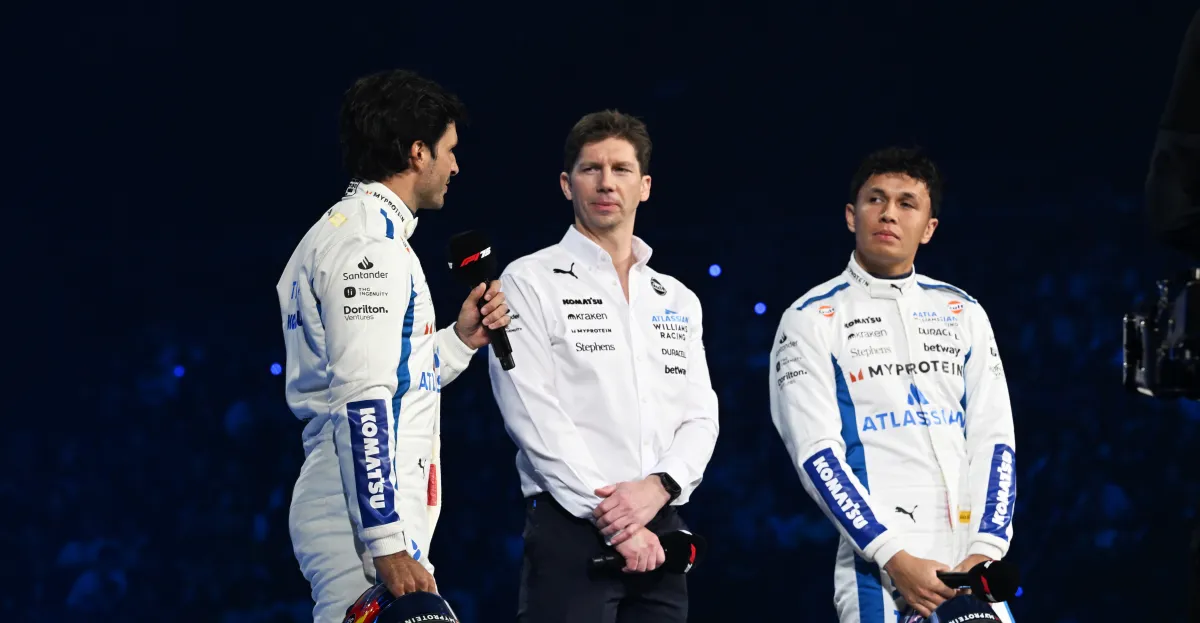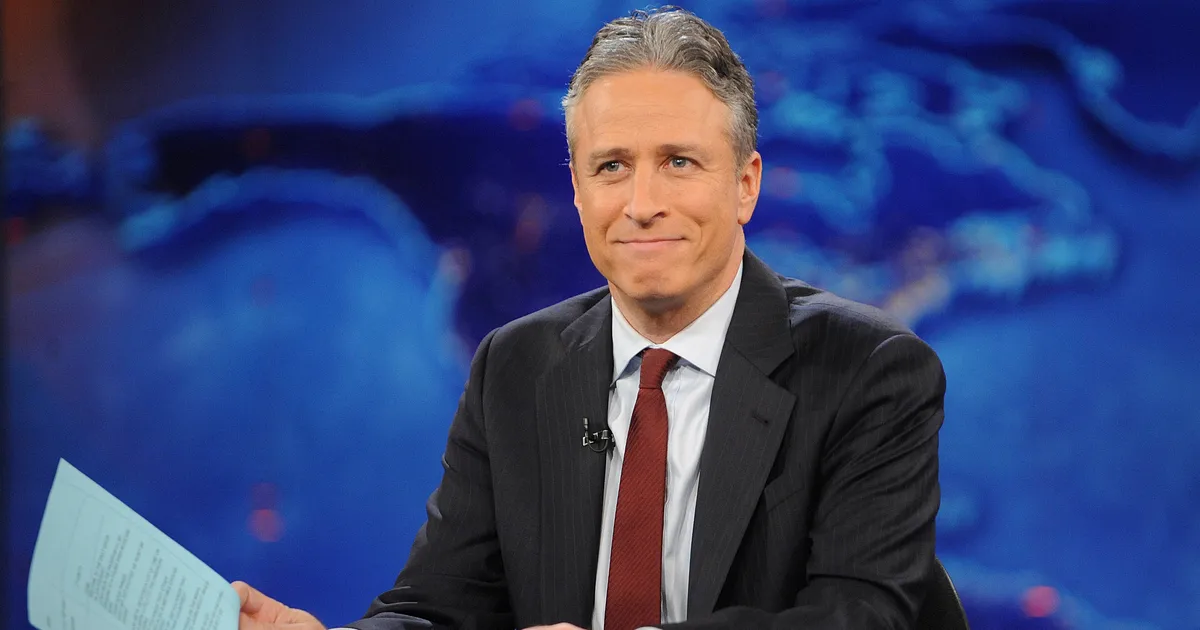By hanad
Copyright jowhar

A president’s twilight: from the Elysée’s lights to the clank of a cell door
There are images that linger: a 52-year-old Nicolas Sarkozy bursting through the doors of the Élysée Palace in 2007, sleeves rolled up, hair flattened by the flashbulbs, promising to shake up a sleepy, complacent France. There are other images that now crowd in — a courtroom, the coppery hush of a verdict read aloud, and the hard, iron fact of a five-year jail sentence that threatens to turn a gilded political life into a cautionary museum piece.
“I will assume my responsibilities,” Sarkozy told reporters after the ruling. “If they absolutely want me to sleep in prison, I will sleep in prison but with my head held high.” He insisted he was innocent, calling the decision “an injustice” and saying hatred toward him “definitely has no limits.” Those words — defiant, theatrical — felt true to character. For better and worse, Sarkozy has never done small dramas.
The sentence and what it means
On paper the case is straightforward: a five-year sentence for criminal conspiracy tied to alleged attempts to secure campaign funding from Libya’s then-leader Muammar Gaddafi for Sarkozy’s 2007 run. Prosecutors have one month to notify him when he must report to jail. He has pledged to appeal, but the immediate legal reality is stark — this is the first time a French president of the Fifth Republic faces an enforced custodial sentence.
“We are witnessing a legal and symbolic turning point for France,” said Claire Lambert, a Paris-based legal scholar. “Accountability for heads of state is rare in democracies. This case resonates for institutional reasons as much as for the specifics of the alleged corruption.”
Sarkozy, 70, is no stranger to courtroom lights. He came into the legal crosshairs after leaving office, and while previous convictions saw him avoid the confines of prison, this ruling removes ambiguity. The notion that a former occupant of the Élysée — the office where France’s presidents have mapped policy and destiny for decades — might soon be led through metal doors is jolting to many.
How France sees it
Walk through a Paris marché or a provincial boulangerie and you’ll hear the split in voices that has defined Sarkozy’s career. “He gave us energy when we needed stability,” a supporter in Neuilly-sur-Seine, the conservative enclave where Sarkozy once rose to local prominence, told me. “He worked at a breakneck pace. Maybe he crossed lines. But he loved France.”
Across a café table in a suburb outside Lyon, a teacher said simply: “Power becomes irresistible. We should not be surprised when institutions reassert themselves.”
The man behind the headlines
Born on January 28, 1955, to a Hungarian immigrant father, Sarkozy was not the archetypal French grande école product. He earned a law degree and carved his path without the École nationale d’administration (ENA) pedigree that supplies so many French elites. That outsider energy — the need to prove — fueled both policy and persona.
He made headlines domestically for a muscular posture on immigration, security, and national identity, and internationally for a brand of hands-on, sometimes theatrical diplomacy. His early White House-like insistence on action and speed endeared him to corporates and critics alike, while the 2008 global financial crisis cooked the laurels off his presidency.
“He loved being modern, modern in a hurry,” remembered an adviser who worked with him during the 2007 campaign. “Sometimes that was genius. Sometimes that was reckless.”
His presidency ended in a bruising defeat in 2012 to François Hollande — France’s first sitting president to be denied re-election since 1981. He walked out with historically low approval ratings and a famous vow: “You won’t hear about me anymore.” The vow lasted about as long as most campaign promises. He rematerialized on the national stage, married singer and model Carla Bruni, and flirted with comebacks — only to be sidelined again in internal party contests.
From political high-wire to legal labyrinth
Sarkozy’s legal battles have been a cascade. The new sentence crowns an unusual litany of legal woes: convicted in multiple cases, stripped of France’s highest honour, and now facing what could be the nation’s most consequential punitive step for a former head of state in recent memory.
“It’s important to separate political theatre from the rule of law,” said Étienne Rousseau, a criminal law professor in Toulouse. “This conviction follows years of painstaking investigation. Whether you see it as justice or revenge depends on your prior. But the courts have been steady in their course.”
Historically, the only French head of state to end up imprisoned on a large scale was Marshal Philippe Pétain after World War II — but Pétain’s case involved collaboration with Nazi Germany and occupies its own dark, complex corner of French memory. Comparing the two is fraught, yet the symbolic resonance is unavoidable.
Local color: Tripoli, the farm show, and the stubborn human details
Some moments encapsulate the man more than legal briefs ever could. There’s the infamous outburst at the 2008 agriculture fair — “Get lost, dumbass” — uttered to a farmer who declined a handshake. There are photographs of a cosmopolitan president dining with Muammar Gaddafi in Tripoli in 2007, flashes of a world eager for new alliances. He was a cyclist, a football fan, a politician who liked to be seen moving.
Outside the courthouse, a middle-aged woman who worked the stalls in a rue market said, “He always seemed like someone in a hurry. Sometimes I admired him. Sometimes I feared he would break things trying to fix them.”
Bigger questions: accountability, celebrity and the erosion of trust
Why does this matter beyond a French legal curiosity? Because it sits at the crossroads of several global trends: the fall of populist celebrity leaders, heightened expectations for institutional accountability, and a growing cynicism about the permeability between wealth, power and democratic life.
In an era where social media amplifies scandal and state institutions are simultaneously under siege and empowered to correct course, the Sarkozy case forces a larger civic conversation: To what extent can, or should, democracies punish their fallen leaders? And do such prosecutions purify the polity or deepen partisan divides?
“This is not just about one man,” said Marianne Duval, a political scientist. “It’s about how societies reckon with power’s excesses. Democracies either have rules that apply to all, or they are not democracies in the full sense. That is the yardstick people will use.”
What comes next?
Procedurally, the clock now begins: prosecutors have a month to tell Sarkozy when he must report. His lawyers will appeal. The right, where he still commands loyalists, will howl about bias and political persecution. The left will point to vindication. The country will divide, as it so often does.
Beyond legal filings, there’s a human element that lands in any story about a life in public. A man who once strode the halls of power, whose image was plastered on billboards and magazine covers, now confronts a quieter endgame. He will either spend nights in a cell or spend years fighting through appeals. Either path remakes a public figure’s myth.
And for the rest of us — the readers, the voters, the citizens living the messy, everyday work of democracy — the Sarkozy moment invites a question: Do we want leaders who move fast and break norms, or leaders who move slowly and respect them? The answer may shape politics for decades to come.



